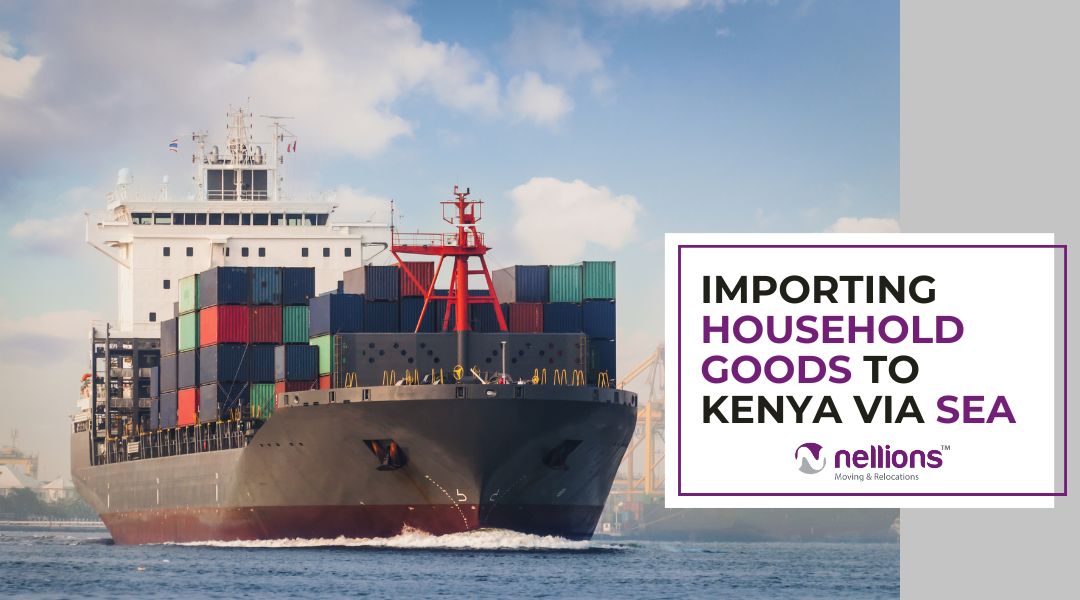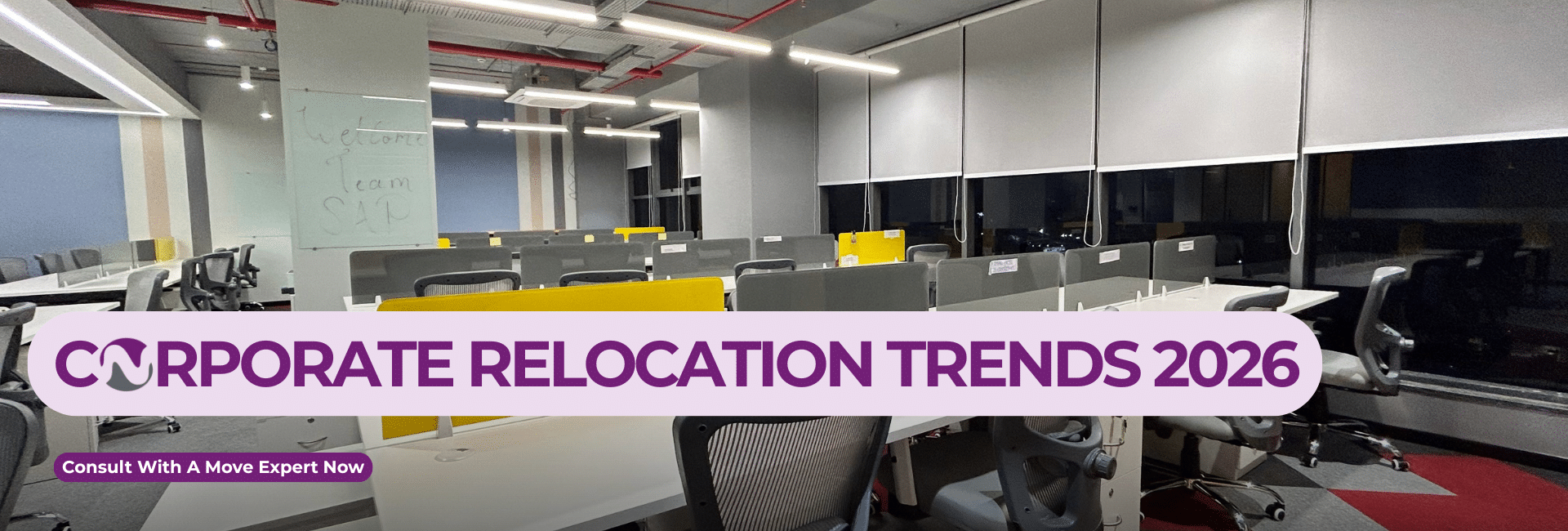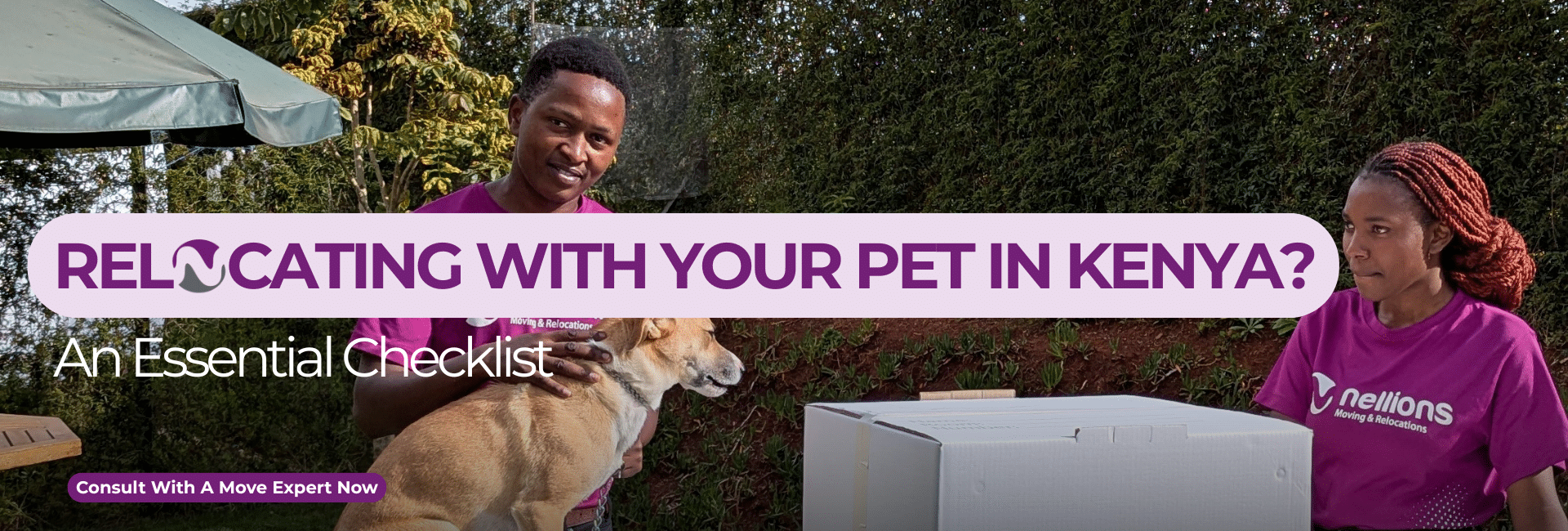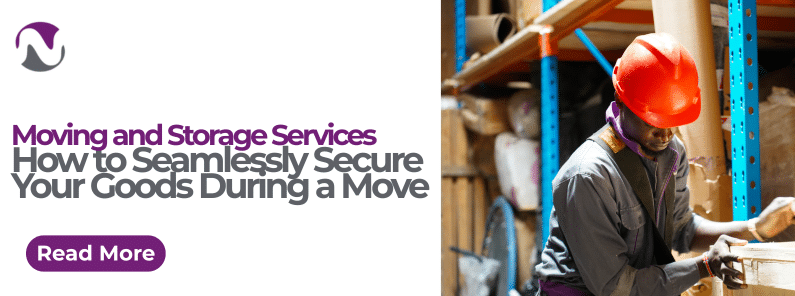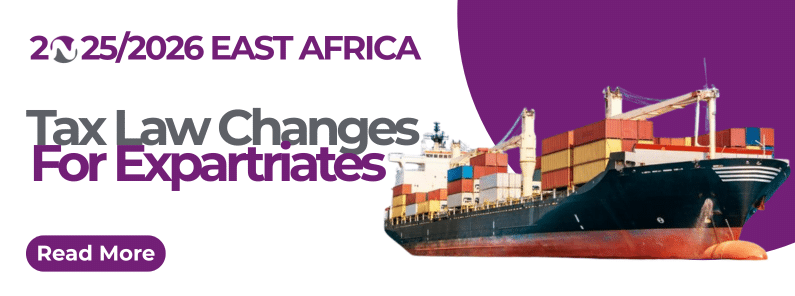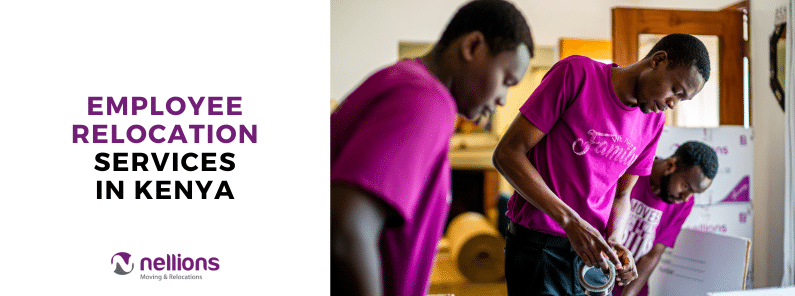The Importance of Sea Freight in Kenya and East Africa
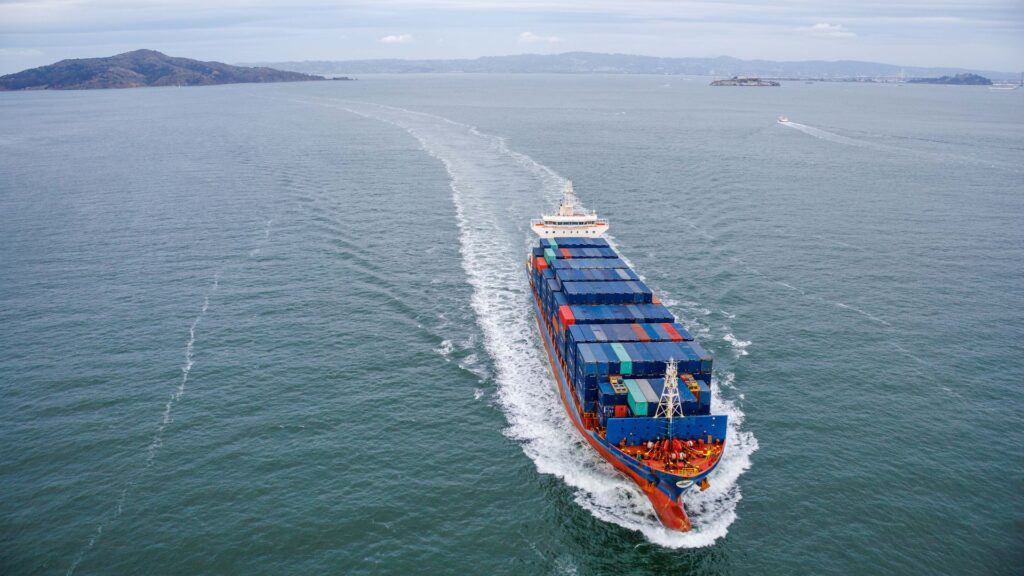 In the heart of East Africa, Kenya stands as a beacon of cultural richness and economic growth, attracting individuals from around the globe.
Kenya’s strategic position in East Africa makes it a vital node in international maritime trade. The Port of Mombasa, not only a gateway for personal goods but also for diverse commercial cargo, plays a central role in this dynamic.
Sea freight is the backbone of Kenya’s international trade, facilitating the movement of a vast array of goods. The Port of Mombasa, as the primary maritime hub, offers connections to global shipping routes, making it a critical asset for the country’s economy and the wider East African region, particularly Kenya’s landlocked neighbours such as Uganda, Rwanda and South Sudan.
You could go the way of importing air shipments into Kenya. However, this option doesn’t give you as much flexibility volume-wise because Kenya allows only one consignment of used household goods duty-free into the country.
Not to mention that shipping by sea is massively cheaper than shipping cargo by air.
Shipping by sea, therefore, is one of the best options available to you, especially with the use of containers to transport cargo has revolutionised the shipping industry.
Additionally, with the establishment of shorter, faster routes, it’s now comparatively cheaper and more efficient to ship large-volume cargo. Indeed, an estimated 90% of the world’s goods are transported by sea.
Here are a few things that you need to know about importing household goods to Kenya via sea:
In the heart of East Africa, Kenya stands as a beacon of cultural richness and economic growth, attracting individuals from around the globe.
Kenya’s strategic position in East Africa makes it a vital node in international maritime trade. The Port of Mombasa, not only a gateway for personal goods but also for diverse commercial cargo, plays a central role in this dynamic.
Sea freight is the backbone of Kenya’s international trade, facilitating the movement of a vast array of goods. The Port of Mombasa, as the primary maritime hub, offers connections to global shipping routes, making it a critical asset for the country’s economy and the wider East African region, particularly Kenya’s landlocked neighbours such as Uganda, Rwanda and South Sudan.
You could go the way of importing air shipments into Kenya. However, this option doesn’t give you as much flexibility volume-wise because Kenya allows only one consignment of used household goods duty-free into the country.
Not to mention that shipping by sea is massively cheaper than shipping cargo by air.
Shipping by sea, therefore, is one of the best options available to you, especially with the use of containers to transport cargo has revolutionised the shipping industry.
Additionally, with the establishment of shorter, faster routes, it’s now comparatively cheaper and more efficient to ship large-volume cargo. Indeed, an estimated 90% of the world’s goods are transported by sea.
Here are a few things that you need to know about importing household goods to Kenya via sea:
1. The iCMS System and Your Tax Obligations
All cargo in Kenya is manifested through the Integrated Customs Management System (iCMS). Your shipped cargo needs to be manifested accordingly at least 4 days before the arrival of the vessel at the Port of Mombasa. This consideration enables your clearing agent to lodge the necessary customs entries beforehand. In addition to eliminating bureaucratic processes, iCMS also enables KRA to receive declarations of goods before the docking of ships at the Port of Mombasa. Your KRA PIN is integrated with iCMS. Your clearing agent will require your KRA PIN in order to register your customs entry – the document used to clear your goods through the port, as well as detailing levies payable to your shipment.2. Any Unpaid Domestic Taxes and Penalties Will Cause Delays in the Clearing Process
As we’ve pointed out before, most EAC countries have enhanced their domestic tax collection by integrating their tax administration systems with their customs systems. This integration allows domestic tax systems such as KRA’s iTax platform, for instance, to enhance tax and duty collection as well as filing. A word of caution: Should you have any outstanding taxes, unfiled returns, or unresolved issues with KRA’s domestic taxes department, you will not be able to clear your cargo until the arrears are settled. Even if your current shipment of household goods does not attract any taxes, your arrears will be a hindrance in your customs clearance process. That’s because you’ll be unable to generate an import customs entry using your KRA PIN. Worse still, your cargo will attract hefty port storage and demurrage or detention charges as you go about sorting your issues with KRA. Therefore, it’s advisable to check your status with the taxman well before you go about shipping your household goods to Kenya. These fees are discussed in detail below:3. Container Clearing Costs in Kenya
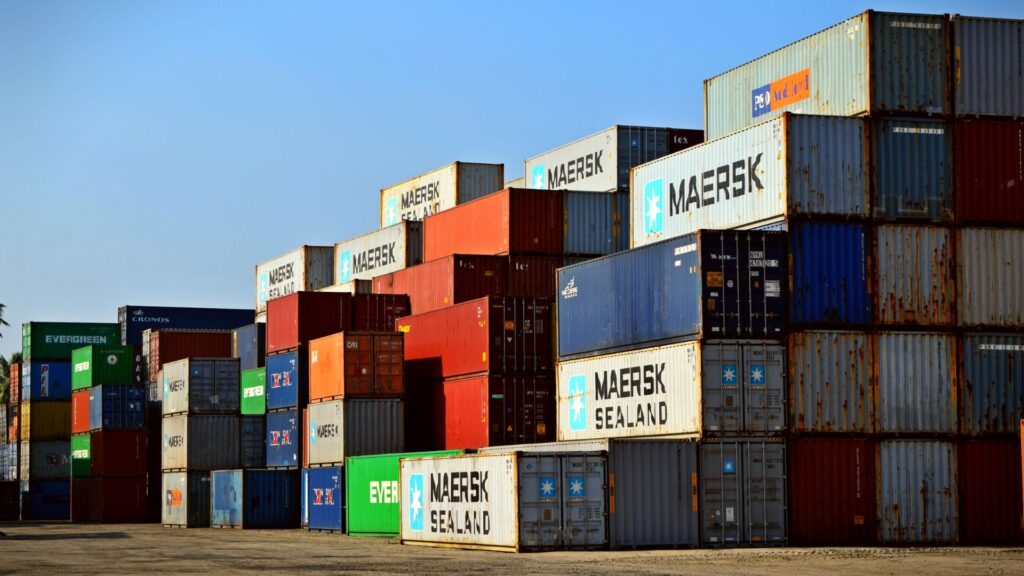 The bulk of the fees involved in container clearing in Kenya can be broadly sorted into the following categories:
The bulk of the fees involved in container clearing in Kenya can be broadly sorted into the following categories:
- Shipping Costs: This is the cost of transporting your container from the country of origin to Kenya. It includes the freight charges and may vary based on the shipping company, the size of the container (20ft or 40ft), and the distance.
- Customs Duty and Taxes: Kenya imposes customs duty on imported goods. The rate can vary based on the type and value of the goods. Additionally, you’ll need to pay Value Added Tax (VAT) and possibly other taxes like Import Declaration Fee (IDF) and Railway Development Levy (RDL). Household goods can enter Kenya upon meeting the criteria described in the next section.
- Clearing Agent Fees: Hiring a clearing agent is advisable for navigating the customs process. They charge a fee for their services, which includes handling documentation and facilitating the clearance process.
- Port Handling Charges: These are fees charged by the port for handling and storing your container upon arrival. It includes offloading the container from the ship and moving it to the storage area.
- Demurrage and Detention Charges: If you’re unable to clear and remove your container from the port within the allotted free days, you’ll incur demurrage charges. Additionally, if you don’t return the empty container to the shipping line within the specified time, demurrage charges apply.
- Transportation from Port to Final Destination: Once your container is cleared, you’ll need to transport it from the port to your final destination. This cost depends on the distance and the logistics company you choose.
- Insurance: Kenyan law requires all incoming consignments to be covered by a marine insurance policy held by a Kenyan insurer. The cost will depend on the value of your goods and the insurance terms.
- Inspection Fees: If your goods require inspection by Kenyan customs or other regulatory bodies, there may be associated fees.
- Miscellaneous Fees: These can include documentation fees, bank charges for payments, and any other unforeseen expenses.
Demurrage Costs for Import Containers in Kenya
Demurrage is a fee charged by shipping companies for withholding their container(s) longer than the agreed amount of time. In Kenya, shipping companies typically allow you 9 free days after the arrival of your container at the port for you to clear the shipment, take ownership of the goods, and return the container. However, if you exceed the time agreed upon with the shipping company, they will charge you a daily rate, which may differ from company to company. Here’s an example of Maersk’s schedule of demurrage charges:| Days upon expiry of free time | 20DRY | 40DRY/40HDRY |
| 1-7 days | USD 13 | USD 25 |
| 8-14 days | USD 25 | USD 50 |
| above 14 days | USD 38 | USD 75 |
Port Storage Fees for Import Containers in Kenya
Once your shipment arrives, you only have four days to clear it through customs before port storage fees start being levied. If your container exceeds this period, you’ll be charged a daily rate for the additional time. According to the Kenya Ports Authority Tariff guidelines, the rates per day or part thereof of clearing 20-foot and 40-foot domestic import containers are as outlined below:| 20’ Container Rate/Day or Part Thereof | 40’ Container Rate/Day or Part Thereof | |
|---|---|---|
| 1st 4 consecutive days | Free | Free |
| 5 to 7 days | $30 | $60 |
| 8 to 15 days | $35 | $70 |
| 16 to 24 days | $40 | $80 |
| 24+ days | $45 | $90 |
4. Conditions for Importing Used Household Goods Duty-Free Into Kenya
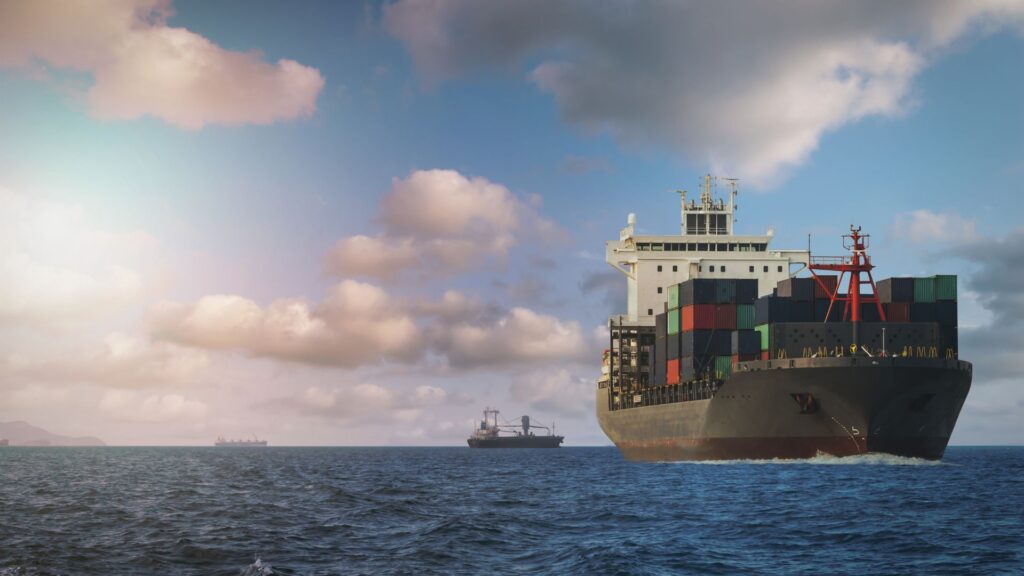 Understandably, not all sea shipments qualify for duty-free importation into Kenya. For your used household goods to meet the set threshold, these conditions apply:
Understandably, not all sea shipments qualify for duty-free importation into Kenya. For your used household goods to meet the set threshold, these conditions apply:
- First arrivals or expatriates must have an actual work permit that’s valid for at least 2 years
- Returning residents should be able to prove that they’ve lived outside Kenya for the last two years by virtue of their Kenyan passports
- The household goods and personal effects must have been owned and used for a minimum of one year
- First arrivals/expatriates must ship their goods from the port of origin within 90 days of the date of issuance of their work permits
- Returning residents must ship their goods from the port of origin within 90 days of their date of entry into Kenya
- Only the Commissioner of Customs may extend the set 90-day duration requirement, in writing, in both the case of the first arrivals and returning residents provided there are solid reasons for doing so
- The Commissioner can only offer an extension of up to 365 days and not beyond
- Diplomats must process a tax waiver known as Pro 1B for their household goods and personal effects
- A copy of the Kenya Revenue Authority (KRA) PIN is required for all; diplomats, expatriates, and returning residents
- The KRA PINs must be activated on KenTrade—your customs agent will help with this
- Returning residents must also have their KRA PINs activated on iTax
5. Shipments Cleared at ICD (Nairobi Dry Port) Must Undergo Advanced Cargo X-ray Scanning
All non-diplomatic shipments being cleared through an Inland Container Depot (ICD) have to go through advanced cargo X-ray scanners. Kenya has been using non-intrusive scanners to detect and identify special category goods, strategic trade commodities, and precursor chemicals which are essential to the production of controlled substances.Remarshalling fees for containers in Kenya
It’s important to note that containers at ICD are subject to similar storage fees as those ones at the port. Additionally, a one-off remarshalling fee applies if a container exceeds its allotted 4 free days. The remarshalling fee for one 20’ container is US$110 while a 40’ container attracts a US$165 fee. Additionally, all port charges are subject to 16% VAT.Clearance for LCL shipments and containers bound for Nairobi and beyond
An interesting fact is that all containers going to Nairobi and beyond must be cleared at ICD and not the Port of Mombasa. Less than a Container Load (LCL) shipments, however, are all cleared in Mombasa.6. Non-diplomatic Shipments Are Subject to 100% Physical Verification
If your cargo is non-diplomatic, it’ll be subjected to 100% physical verification by various government agencies. Used household goods and personal effects will usually be verified by customs and the Kenya Bureau of Standards (KEBS). Diplomatic shipments, on the other hand, are not physically verified. Instead, they need only be sighted to confirm that they are actually at the customs area.7. The Process of Duty Exemption in Kenya
Tax exemption in Kenya is obtained during the pre-clearance process, before the shipment arrives on Kenyan soil. Once your shipment has been physically verified (if non-diplomatic) or sighted (if diplomatic) at the customs area, the necessary accompanying documents are examined at the customs office for exemption approval. These documents include:- Original passport
- Work permit
- KRA PIN certificate
- Pro 1B Tax Waiver (for diplomats)
- Certificate of Road Worthiness issued by QISJ (applicable to motor vehicle importation)
- Certificate of ownership (in case of a vehicle)
- Interpol or police report for the vehicle
- Comprehensive valued inventory
- Comprehensive packing list
- Bill of lading
8. Payment of Railway Development Levy Is Mandatory
All non-diplomatic shipments entering Kenya, such as your used household goods and personal effects, are charged a Railway Development Levy (RDL).How Railway Development Levy (RDL) is calculated in Kenya
Kenya levies an RDL at 2% of the CIF value (CIF value being the value of the goods plus freight plus insurance premium). In Kenya, the CIF value is also referred to as the Customs Value of goods.9. Marine Insurance is Mandatary by Kenyan Law
It’s mandatory to take out a marine insurance cover on your shipment to Kenya as it protects against losses incurred following loss or damage. Kenyan law requires importers to use Kenyan insurers for marine insurance.10. It’ll Take Approximately 4 Days to Clear the Shipment Through Customs
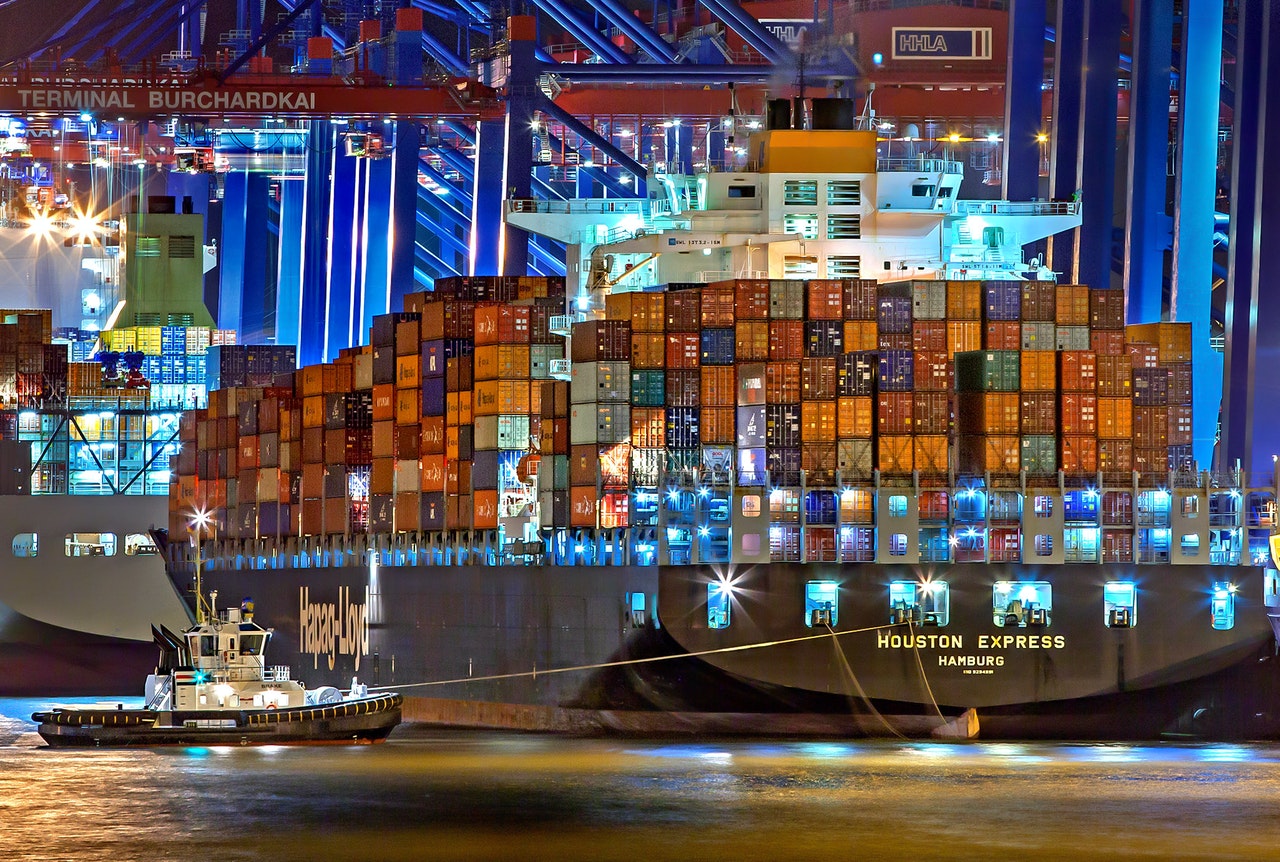 It’s advisable to undertake the customs pre-clearance process to ensure your shipment benefits from faster clearance upon arrival.
The pre-clearance process involves lodging a customs entry for your shipment and paying its levies before the container arrives.
If you complete the pre-clearance process and your consignment doesn’t contain any new items or restricted/prohibited cargo, it’ll only take about 4 days to get through customs clearance.
It’s noteworthy, however, that your shipment has to be cleared and released by the shipping line upon the issuance of a delivery order.
The port authorities cannot release the shipment if the delivery order has been not mapped in their system. The delivery order is only issued when all the shipping line charges are cleared.
It’s advisable to undertake the customs pre-clearance process to ensure your shipment benefits from faster clearance upon arrival.
The pre-clearance process involves lodging a customs entry for your shipment and paying its levies before the container arrives.
If you complete the pre-clearance process and your consignment doesn’t contain any new items or restricted/prohibited cargo, it’ll only take about 4 days to get through customs clearance.
It’s noteworthy, however, that your shipment has to be cleared and released by the shipping line upon the issuance of a delivery order.
The port authorities cannot release the shipment if the delivery order has been not mapped in their system. The delivery order is only issued when all the shipping line charges are cleared.
11. Delivery to Your Residence Is Then Scheduled
A customs release is granted when the shipment has cleared through customs. The customs release allows your cargo to be removed from the customs area so that delivery to your residence can then be scheduled. It is, therefore, crucial to have your new residence lease sorted by the time your shipment arrives in the country. But in case you haven’t found a suitable place to settle in just yet, you can make use of the professional storage services provided by Nellions. Both temporary storage and long-term storage options are available depending on one’s needs or situation.12. Get a Pro to Help You Out
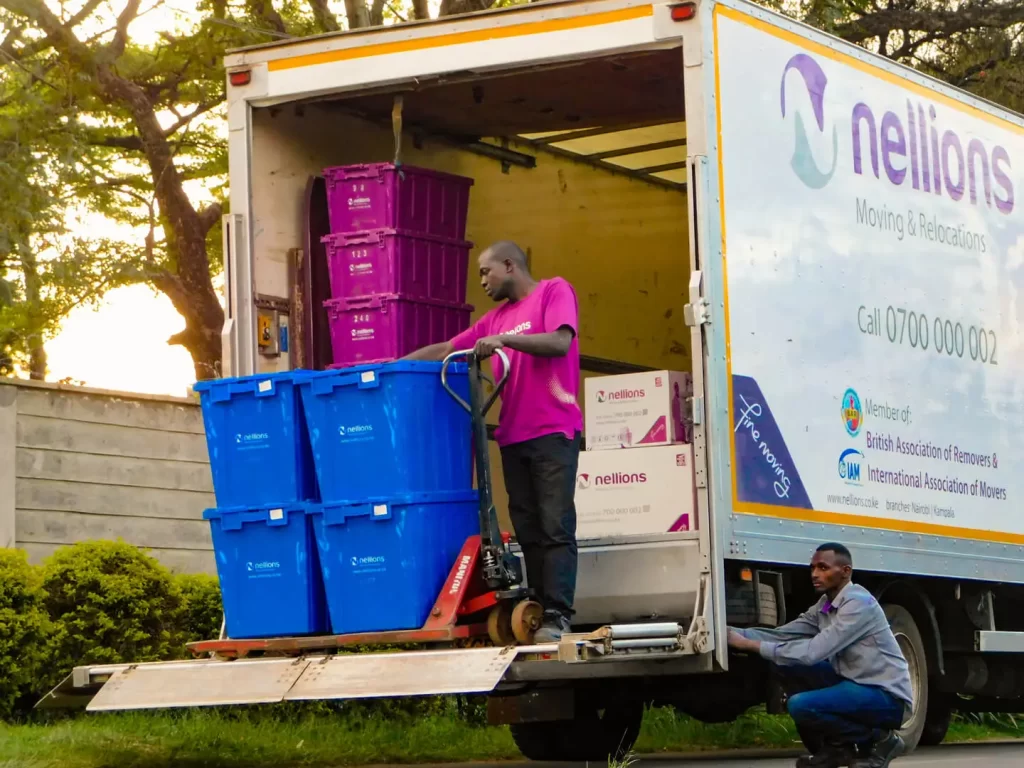 You may be the adventurous type who’s excited about taking on everything in the world by yourself.
But that doesn’t make it any less tricky, having to wrap your head around all the processes and things you need to do to avoid having your used household goods held up at the Port of Mombasa or in any of Kenya’s Inland Container Depots (ICDs).
That said, nothing beats the feeling of having your shipment arrive hassle-free into the country, then get set up in your new house by a team of seasoned professionals.
Get in touch with the team at Nellions to not only enjoy this service and peace of mind but also a whole range of helpful tips and advice that will make your transition to Kenya a wonderful and pain-free process.
You may be the adventurous type who’s excited about taking on everything in the world by yourself.
But that doesn’t make it any less tricky, having to wrap your head around all the processes and things you need to do to avoid having your used household goods held up at the Port of Mombasa or in any of Kenya’s Inland Container Depots (ICDs).
That said, nothing beats the feeling of having your shipment arrive hassle-free into the country, then get set up in your new house by a team of seasoned professionals.
Get in touch with the team at Nellions to not only enjoy this service and peace of mind but also a whole range of helpful tips and advice that will make your transition to Kenya a wonderful and pain-free process.
FAQ
– Obtain pre-clearance documentation – Cargo should be manifested in iCMS systems – Shipments cleared at ICD must undergo advanced cargo X-ray scanning – Non-diplomatic shipments are subjected to 100% physical verification – Shipments should undergo the Duty Exemption process – Payment of Railway Development Levy (RDL)
If you complete the pre-clearance process, it will only take 4 days to complete customs clearance.




